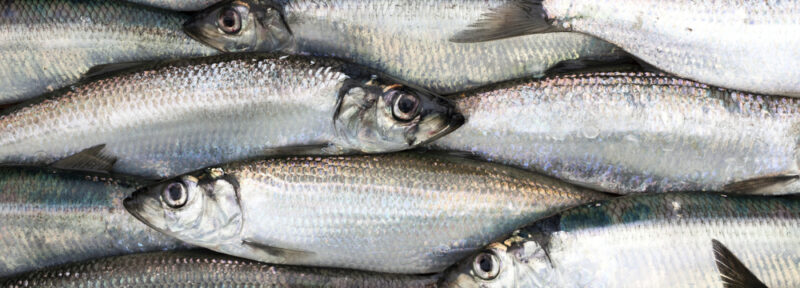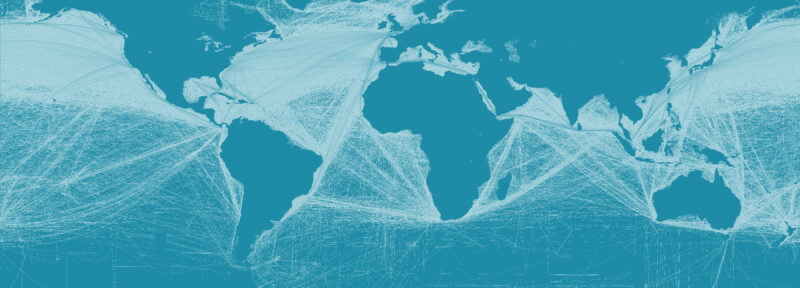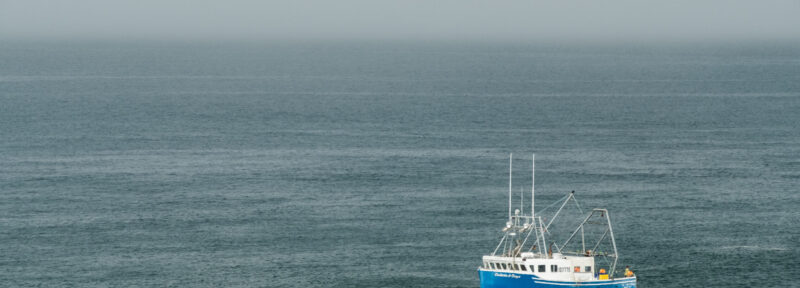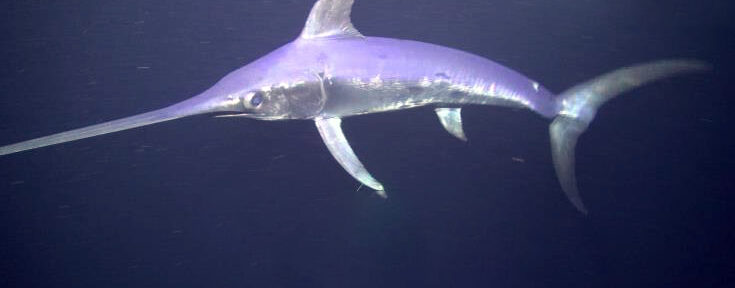Canada Failing to Protect At-Risk Sharks and Skates
Halifax, NS—The latest round of consultations on aquatic species at-risk highlights Canada’s unacceptable delays when it comes to protecting sharks and skates, Oceans North says.
Elasmobranchs (sharks, skates, and rays) are among the most threatened vertebrates on the planet. Yet nine at-risk species of sharks and skates—eight of which spend part of their lives in Atlantic Canada—have been waiting between eight and fourteen years for protection under the Species At Risk Act.
Last month, Fisheries and Oceans Canada (DFO) closed a consultation check-in period for aquatic species that were first assessed by the Committee on the Status of Endangered Wildlife in Canada (COSEWIC) between 2009 and 2015. One of these species, the basking shark, was assessed as “special concern” in 2009; fourteen years have now passed without a listing decision. Since then, the International Union for the Conservation of Nature has assessed that basking sharks are endangered globally.
“Elasmobranchs take a long time to mature and have some of the longest lifespans in the animal kingdom, which makes them particularly sensitive to overfishing,” explains Dr. Brynn Devine, a shark expert and Oceans North’s Arctic Fisheries Advisor. “We’re seeing increased efforts around the world to protect these vulnerable species; meanwhile, in Canada, we see listing decisions taking over a decade.”
Listing these sharks and skates through the Species at Risk Act would grant them a suite of increased protections depending on how vulnerable they are. These include measures such as prohibitions on killing, possessing, buying, or selling them, as well as the development of recovery strategies and action plans. A decision not to list a species, meanwhile, would trigger a policy requirement to create an alternative management plan under the Fisheries Act that would help recover the population.
Canada recently set ambitious goals to protect its biodiversity. The Kunming-Montreal Global Biodiversity Framework, agreed to by countries at the latest meeting of the Convention on Biological Diversity, created a number of protection targets for 2030 that apply to both terrestrial and marine species.
However, to reach these goals and protect at-risk species like basking sharks, Canada needs to act faster. “Every year DFO delays its decisions puts these species in further jeopardy,” says Katie Schleit, Fisheries Director at Oceans North. “The lag time for species-at-risk listing decisions is not a new problem, but it keeps getting worse. The regulatory requirements for listing decisions must be reviewed and updated if we have any chance of reversing these trends, particularly given Canada’s recent commitments to protecting biodiversity.”
For more information or to arrange an interview, please contact:
Sean Young
Communications Specialist




